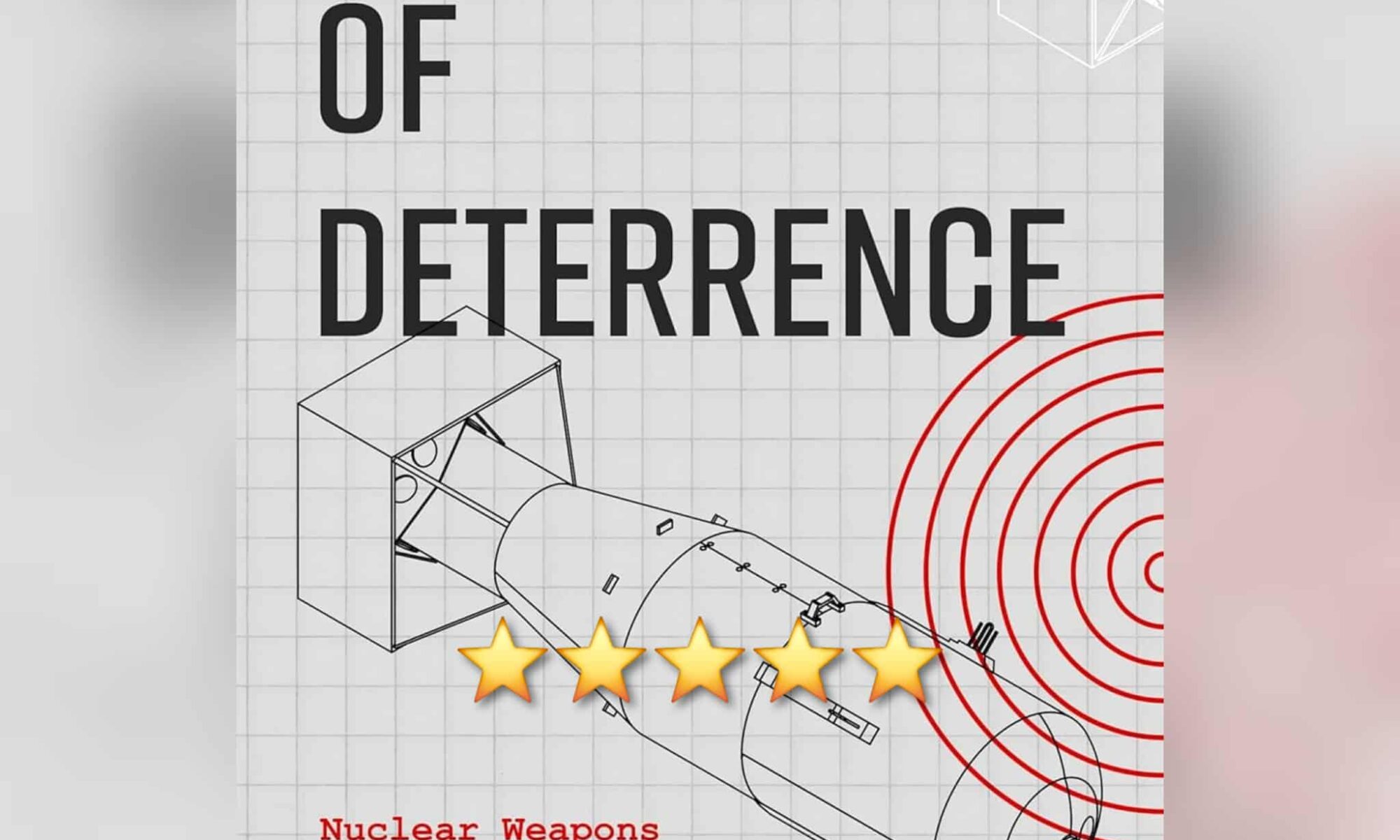Flawed Premise And Weirdly Exacting Time Selection Move Interesting Premise To Garbage Narrative. This is one of those books that I *wanted* to like. I *strongly* believe, based on my own historical studies over the years, that there is a truly strong case to be made for how violence has shaped the modern world in ways that most humans alive today simply aren’t aware of. There is a case to be made for how violence and conquest shape almost literally every facet of everything we currently know, up to and including the most bleeding edge sciences all largely having their origins in military research and applications – including all of computing and very nearly everything we as humanity are doing both in astronomy and in particle physics.
Unfortunately, this book doesn’t even begin to attempt to make that case.
Instead, this is yet another anti-capitalist polemic wherein a “historian” attempts to reframe history… and yet provides a bibliography one would typically expect from a more mundane and well trod “this is what happened at this event” type history book. In other words, it is *far* from meeting the Sagan Standard of “extraordinary claims require extraordinary evidence”. And yet, at roughly 22% bibliography (in addition to several more pages of front matter listing many dozens of people and events covered in the text), this text sufficiently meets my 20-30% documentation expectations for nonfiction books generally, so actually doesn’t lose a star there. Note even here though that while there is technically enough bibliography, it is also extremely cherry picked to show exactly the narrative Crais is trying to frame without ever even hinting at other possible interpretations of the events at hand.
No, the two star deductions are distinct enough (in my mind at least) to warrant two separate deductions, but also linked in that they form the basis of how Crais approaches his entire narrative.
For one, Crais blames all of captialism’s rise on slavery… without even going into the 20th century to try to frame the various labor debates there as also slavery or even including the rise of mass incarceration or fast fashion or any other well known labor abuses as also slavery, choosing to instead end his narrative at the end of the 19th century. Thus, even though Great Britain ended slavery relatively early in the time period Crais does choose to focus on and the US fought a civil war near the end of it to force the end of slavery… Crais still blames all of capitalism’s ills on, according to him, capitalism being based on slavery and absolutely nothing else.
For another, and yes, I hinted at this above, Crais is oddly specific in his choice of time period and even areas of focus, choosing to examine only Great Britain and the United States and to begin specifically in 1750 with the publication of Adam Smith’s The Wealth of Nations and end at the end of the 19th century, well before capitalism *really* took off… and yet also before communism caused the deaths of literally millions of people itself… often via direct State violence. This odd specificity allows Crais to openly ignore other violences even within the period he chooses to examine, such as the Napoleonic Wars.
There is great promise in a book that truly and fully explores the history of human violence in its totality and shows how that violence has created and shaped our modern world as we know it.
I simply wish Crais had made even a modicum of an attempt at writing such a history. Perhaps this book would have been better with a different title and more honest and specific premise?
Not recommended.
This review of The Killing Age by Clifton Crais was originally written on September 6, 2025.










